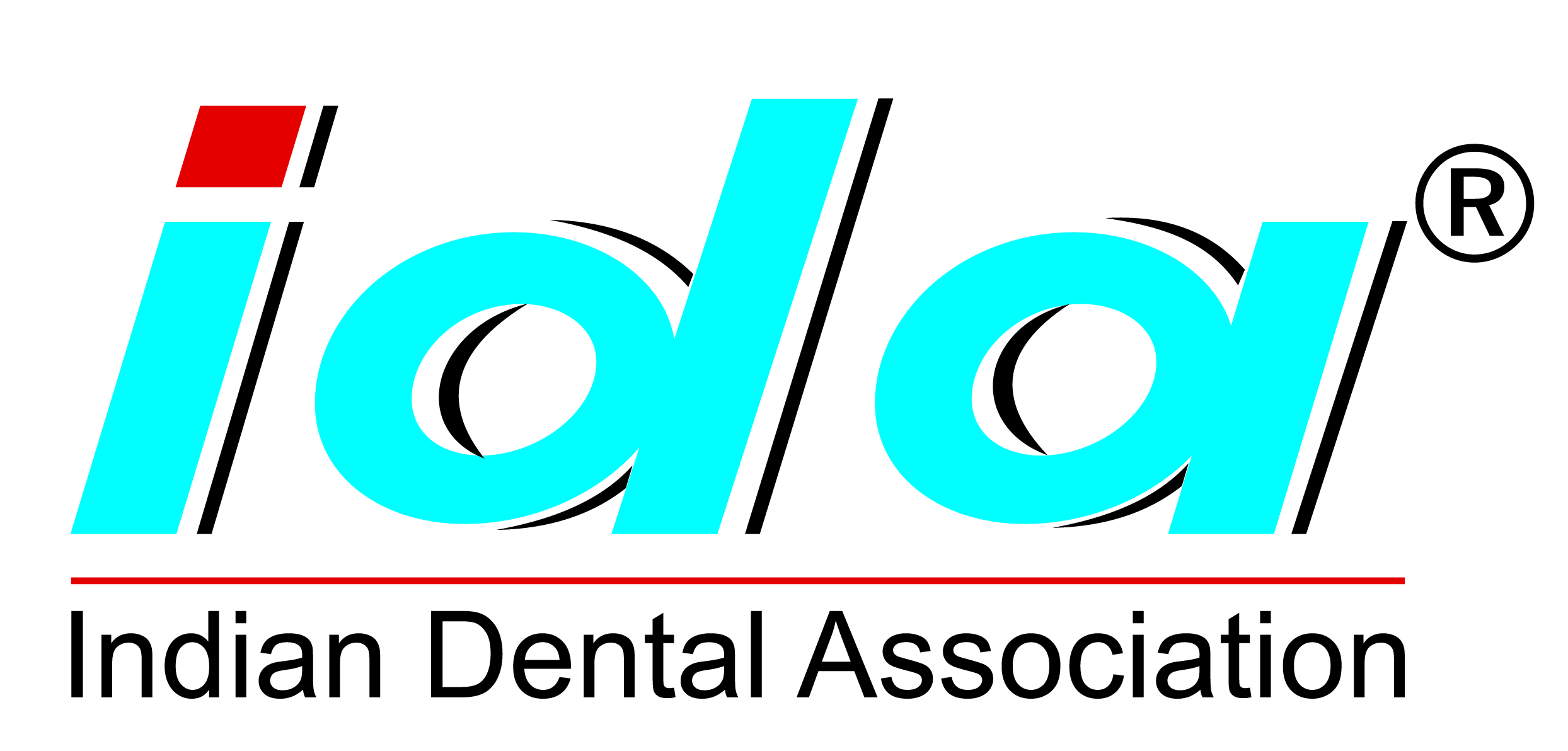Post Exposure Prophylaxis (PEP) is antiretroviral drug treatment that is started
immediately after someone is exposed to HIV. The aim is to allow a person’s immune
system a chance to provide protection against the virus and to prevent HIV from
becoming established in someone’s body. In order for PEP to have a chance of working
the medication needs to be taken as soon as possible, and definitely within 72 hours
of exposure to HIV. Left any longer and it is thought that the effectiveness of
the treatment is severely diminished.
PEP usually consists of a month long course of two or three different types of the
antiretroviral drugs that are also prescribed as treatment for people with HIV.
As with most antiretrovirals these can cause side effects such as diarrhoea, headaches,
nausea/vomiting and fatigue. Some of these side effects can be quite severe and
it is estimated that 1 in 5 people give up PEP treatment before completion.
The most common drugs prescribed for PEP are zidovudine, lamivudine and nelfinavir.
Zidovudine (AZT)-600 mg in divided doses (300 mg/twice a day or 200mg/thrice a day)
for 4 weeks + Lamivudine (3TC)- 150mg twice a day for 4 weeks.
Basic Regime + Ininavir-800 mg/thrice a day or any other protease inhibitor.





